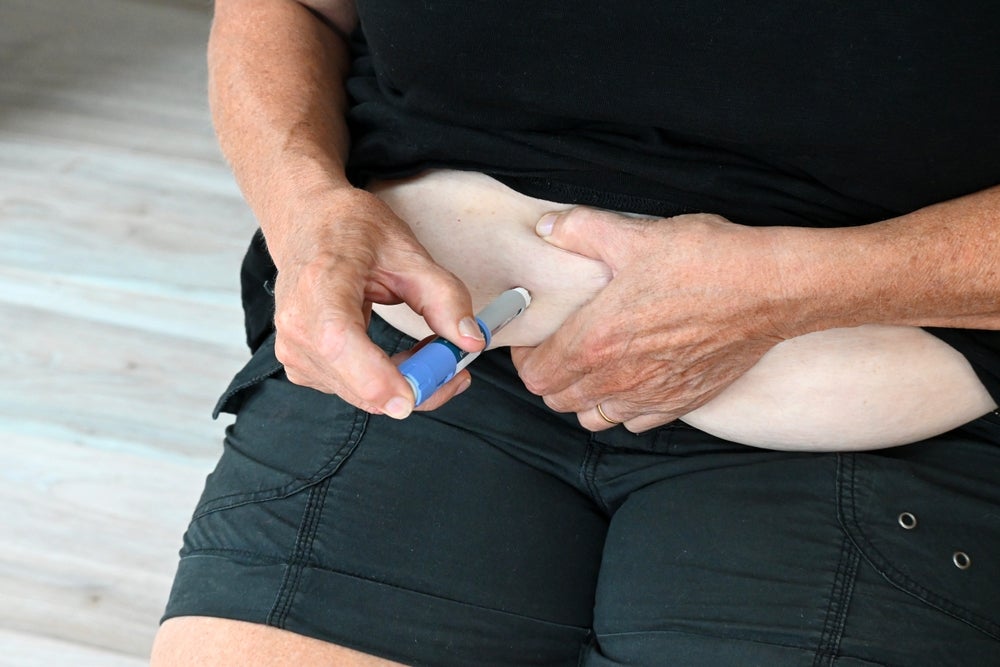Bioavailability studies are performed to determine the movement of an active ingredient through the system into the systemic circulation and its action on the target site with minimum undesired off-target side effects.
Bioavailability and bioequivalence studies are useful for studying new drugs for administration and help in establishing an equivalence between early and late clinical trial formulations and establishing an equivalence between formulations used in clinical trials and stability studies.
Bioequivalence studies help to ensure therapeutic equivalence between a pharmaceutically equivalent test drug and a generic or reference drug.
Studies such as bioanalysis help in the drug development process and pharmacokinetics studies, while biomarker testing is performed in disease monitoring, prevention, detection and determination of individual disease risk.
Discover the top suppliers of bioavailability research studies
Clinical Trials Arena has listed the leading bioavailability studies companies in clinical research based on its intel, insights, and decades-long experience in the sector. The list includes companies that provide various products and services, including but not limited to:
See Also:
· Absolute bioavailability testing, comparative bioavailability studies, and bioequivalence testing
· Bioavailability testing assays and bioanalytical assays
· Method validation chemistry
· Microarray and clinical trial data analysis
· Assessment, product development and marketing of biomarkers
· Clinical image management
· Secure storage of clinical samples and biological materials
· Cold chain qualification tests
· Comparator drugs, ancillary supplies, and placebos
· Hydro gel-based tools for drug discovery and bioresearch applications
· Physiologically based pharmacokinetic (PBPK) and quantitative systems pharmacology (QSP) modelling and simulation
· Analysis of the glycosylation patterns of therapeutic proteins and monoclonal antibodies
· Exploratory drug development and ethnobridging studies
· Marine glycobiology
· Immunogenicity testing
The information contained within the download document is intended for pharmaceutical executives, manufacturers, distributors, suppliers, technicians, research scientists, product development scientists, and any other individual involved in clinical research and trials.
The document contains detailed information on the suppliers and their product offerings, as well as contact details to aid your purchasing or hiring decision.
Bioavailability study methodology
Bioavailability may be assessed in two complementary ways, chemical methods and biological methods.
Within healthcare, the bioavailability of a drug from its dosage forms depends on pharmaceutical factors, patient-related factors and administration route, which may vary according to several factors such as selection of subjects, design study, washout period, study design (single dose vs multiple doses), conditions to perform the studies, and pharmacological effects produced by the drug metabolites.






